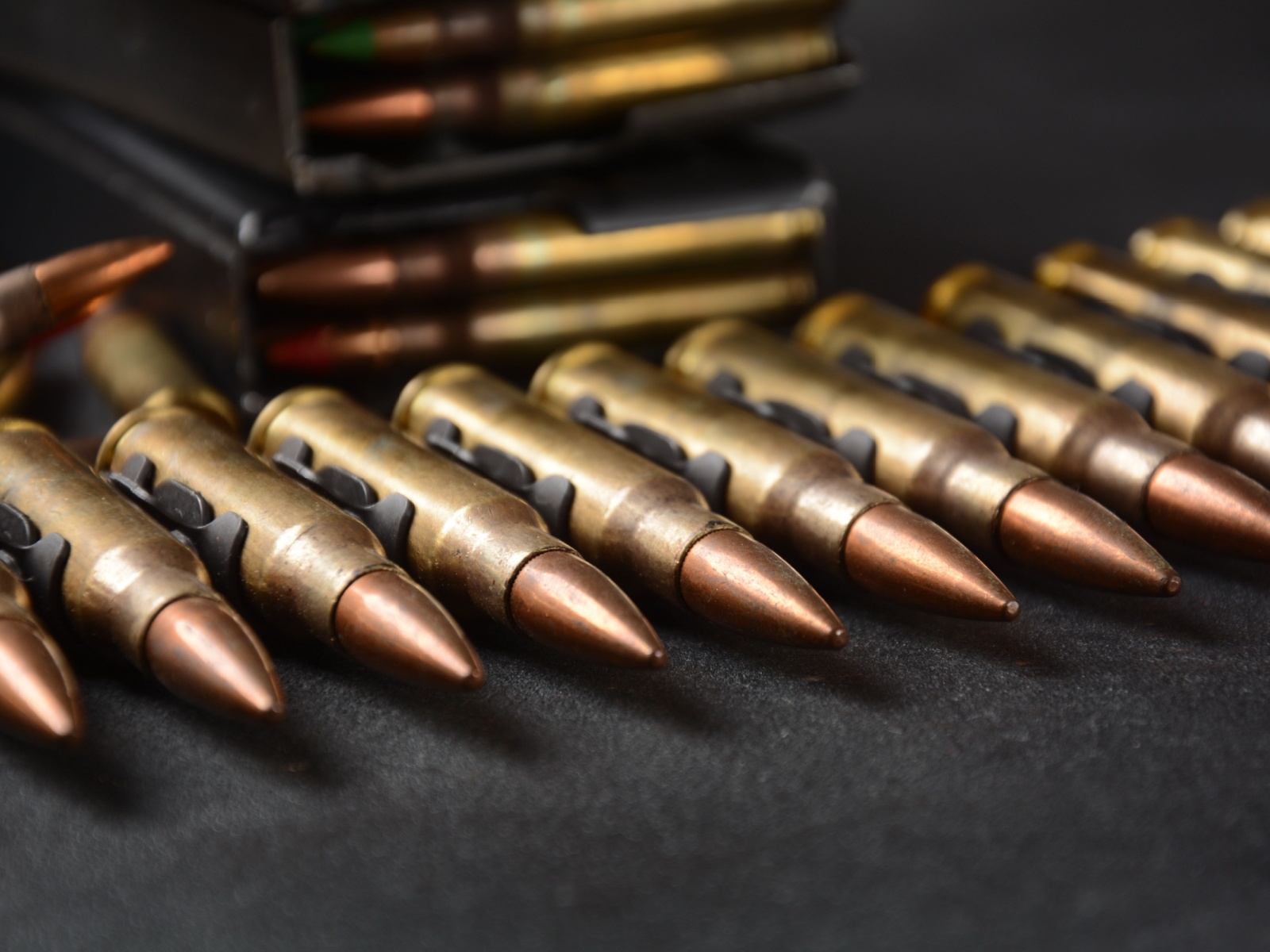EN 13938 Propellant Stability Measurement
The EN 13938 standard is a critical guideline used in the military and defense sector to ensure the stability of propellants over their storage life. This stability is paramount for maintaining weapon systems’ operational reliability and safety, especially during long-term storage or deployment scenarios.
Propellant stability encompasses several key parameters including chemical composition, physical properties, and thermal behavior. Any instability can lead to reduced performance, potential safety hazards, and increased maintenance costs. The EN 13938 standard provides a robust framework for evaluating these factors through a series of defined tests that simulate real-world storage conditions.
One of the primary challenges in propellant stability is the degradation over time due to chemical reactions or environmental influences such as temperature fluctuations, humidity, and exposure to light. These conditions can lead to increased sensitivity, reduced burn rate uniformity, or even spontaneous detonation. EN 13938 addresses these issues by specifying a series of tests that assess:
- Thermal stability
- Chemical resistance
- Oxidizer purity and concentration
- Burn rate consistency
The testing process begins with thorough sample preparation, which involves:
- Selection of representative samples from the batch or lot
- Cleaning and conditioning of the samples to remove any contaminants
- Precise measurement and recording of initial properties such as mass, moisture content, and temperature
The test procedure typically involves:
- Thermal cycling between specified temperature ranges (usually from -25°C to 60°C)
- Storage at these temperatures for defined durations
- Maintenance of precise humidity and light conditions during storage
The results of these tests are meticulously recorded and analyzed using statistical methods to determine compliance with EN 13938 requirements. Non-compliance may indicate potential issues that need addressing before the propellant can be used in military applications. Compliance ensures that the propellants maintain their integrity, reliability, and safety over extended storage periods.
By adhering to these standards, manufacturers ensure they meet stringent quality control benchmarks, thereby enhancing overall product performance and reducing risks associated with weapon system failures due to unstable propellant.
International Acceptance and Recognition
- The EN 13938 standard is widely recognized in the military sector, particularly among NATO countries and other defense organizations.
- It has been adopted by numerous defense contractors as a requirement for procuring propellants from suppliers.
- International acceptance ensures that products meet global quality standards, facilitating trade and interoperability between nations.
The standard is also utilized in regulatory frameworks and certification processes across various countries, ensuring uniformity and reliability of military-grade propellants worldwide.
Environmental and Sustainability Contributions
- By ensuring that propellants are stable over extended periods, EN 13938 helps minimize waste associated with expired or unstable materials.
- The standard promotes the efficient use of resources by reducing the need for frequent replacement or reprocessing of propellant batches.
Adherence to these stringent standards also aligns with broader sustainability goals in defense and military procurement, contributing to more environmentally responsible practices throughout the supply chain.
Competitive Advantage and Market Impact
Achieving compliance with EN 13938 can provide significant competitive advantages for manufacturers. It demonstrates a commitment to quality and reliability that is highly valued by defense organizations worldwide. Compliance ensures that products meet the highest safety standards, which can lead to increased market share.
Moreover, meeting these standards can open up opportunities for international collaboration and partnerships, enhancing a company’s global reputation. This can be particularly beneficial in securing contracts with major defense firms or government agencies.





